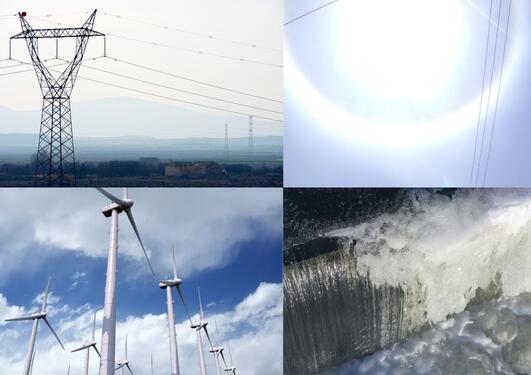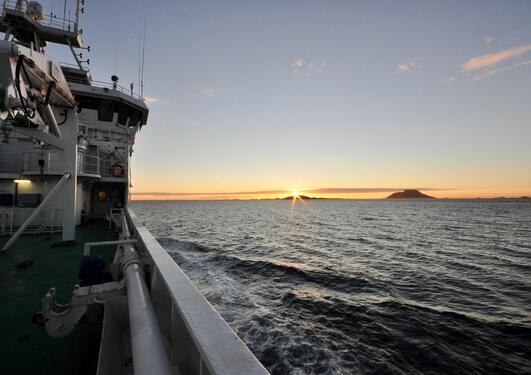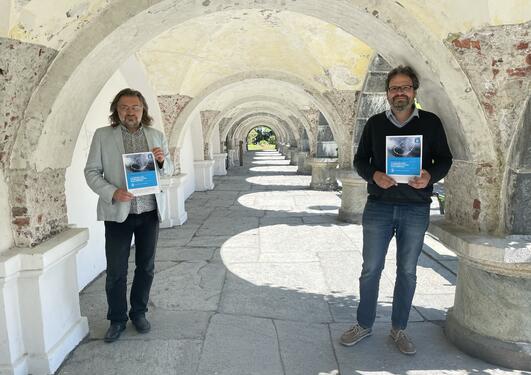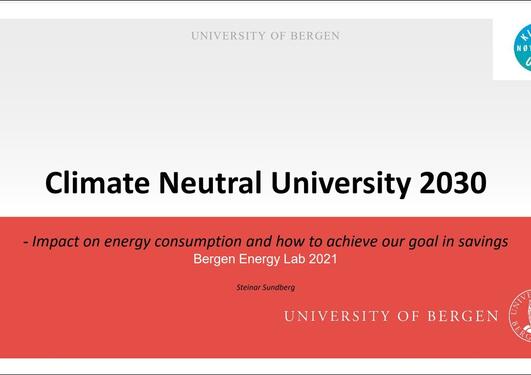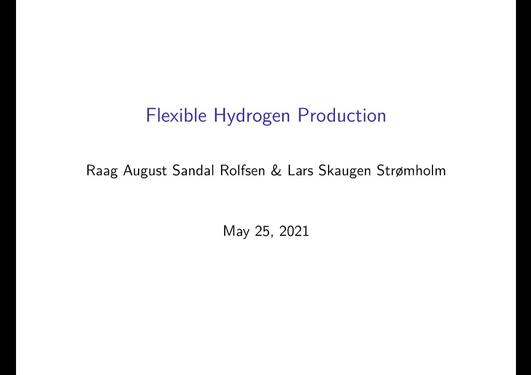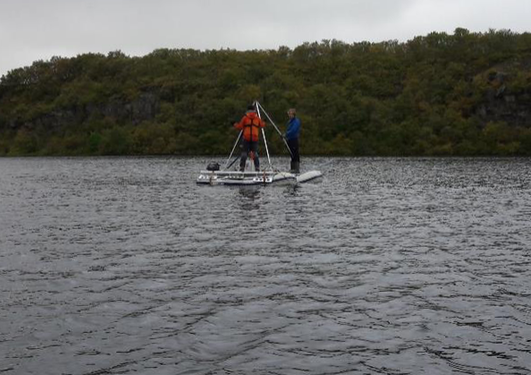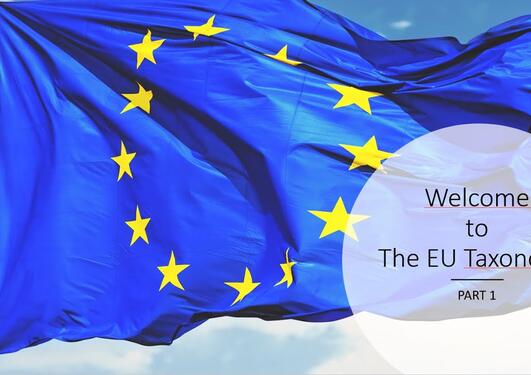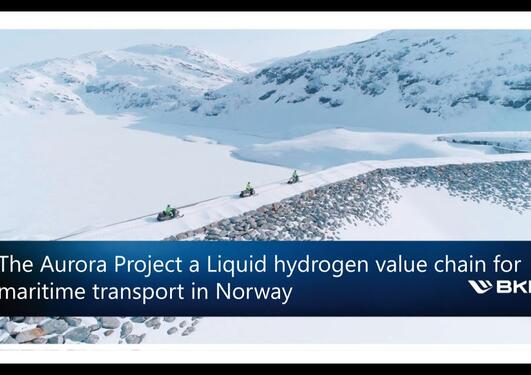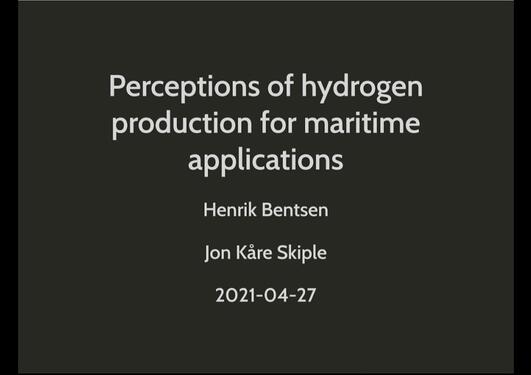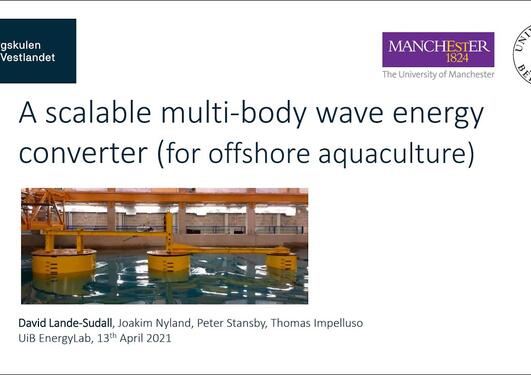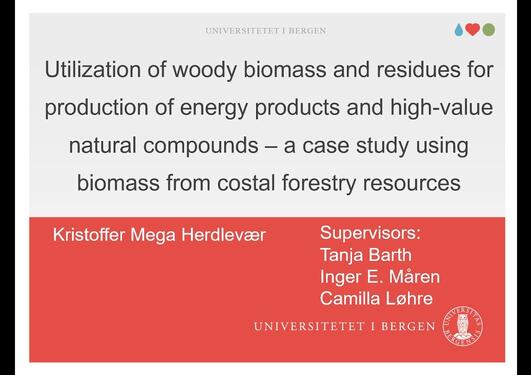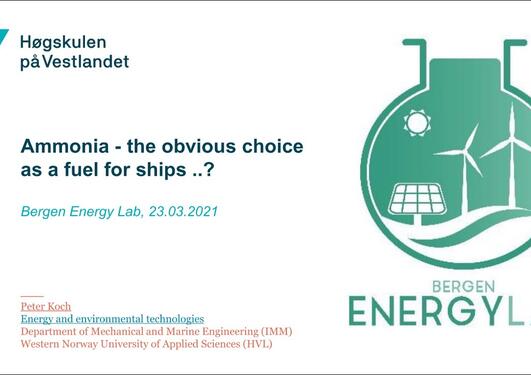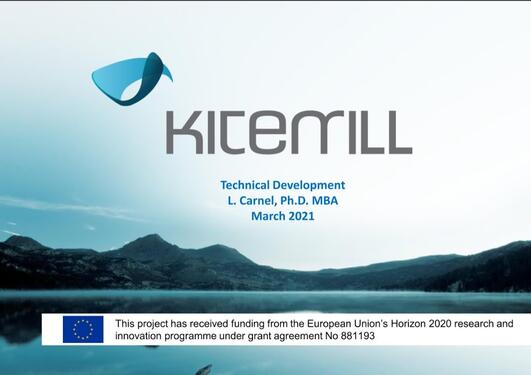News archive for Climate and energy transition
Tor Instanes, CEO at GC Rieber will give us insight into how we can build in a way that is both efficient and sustanable going in to the future
Tilgjengelig til 31.12.21! Sigrid Eskeland Schütz, UiB, Benedicte Stålelsen Nilsen, BKK og Johannes Magnus, Bergen Næringsråd vil dele sine kommentarere til Stortingsmeldingen om verdiskaping fra norske energiressurser og havvindveilederen.
Once again, the University of Bergen is ranked among the top ten oceanography universities in the world.
The SDG Bergen Policy Brief series is a novel and innovative way to communicate with policy-makers to engage with the Sustainable Development Goals (SDGs). The goal is to have more research-based information reach policy-makers for societal impact.
Steinar Sundberg of the facility department at UiB explain how UiB will achieve reducing energy consumption using solar power, seawater-based heating/cooling, building management systems and development of campus.
University of Bergen will help catalysing European energy research for a climate-neutral society by 2050.
Lars Strømholm and Raag August Sandal Rolfesen, students at NHH, present their master thesis work on flexible hydrogen production.
The acceleration of biodiversity change began millennia ago and was often larger than the shift from the last ice age to modern temperatures, a UiB study published in Science shows.
Watch Herlaug Fyhn (DNB), Benedicte Staalesen Nilsen (BKK) and Ignacio Herrera Anchustegui (UiB) presentations at part 2 of the EU Taxonomy webinar here!
Mighty floods have carved out deep canyons on Earth. New research suggests this may have required less power than previously thought. Collecting such data, however, may be demanding.
Watch Berte-Elen Konow (UiB), Daniel Næsse (PwC), and Grete Rusten's (UiB) presentations at part 1 of the EU Taxonomy webinar!
Bjørn Sundland from BKK will give a follow-up presentation about the Aurora project
Watch Henrik Litlere Bentsen's (NORCE) presentation about the project work on perceptions of hydrogen production for maritime applications!
You can now register to receive the webinar link for the EU taxonomy seminar! You can also submit questions you would like to see answered in the webinar!
David Lande-Sudall, Associate Professor at the Western Norway University of Applied Sciences (HVL), present his work on a scalable multi-body wave energy converter for offshore aquaculture.
Watch the ' Utilization of woody biomass and residues for production of energy products and high-value natural compounds' here!
Peter Edgar Koch, Associate proffesor at HVL, gave his presentation on March 23rd about ammonia and whether it is the obvious choice as a fuel for ships.
In this webinar Lode Carnel, technical manager at Kitemill, talk about their work related to airborne wind energy, and give an overview over their technology choces, as well as their development though the years.
Pages
- November 2025 (1)
- October 2025 (2)
- June 2025 (1)
- April 2025 (1)
- March 2025 (4)
- February 2025 (2)
- January 2025 (1)
- December 2024 (1)
- November 2024 (3)
- October 2024 (5)
- September 2024 (3)
- August 2024 (1)
- July 2024 (2)
- June 2024 (3)
- May 2024 (1)
- March 2024 (1)
- February 2024 (2)
- January 2024 (2)
- December 2023 (2)
- November 2023 (3)
- October 2023 (6)
- September 2023 (4)
- May 2023 (1)
- April 2023 (5)
- March 2023 (3)
- February 2023 (5)
- January 2023 (10)
- December 2022 (5)
- November 2022 (1)
- October 2022 (1)
- September 2022 (3)
- August 2022 (2)
- June 2022 (2)
- May 2022 (5)
- April 2022 (3)
- March 2022 (6)
- February 2022 (4)
- January 2022 (4)
- December 2021 (3)
- November 2021 (5)
- October 2021 (6)
- September 2021 (2)
- June 2021 (5)
- May 2021 (6)
- April 2021 (4)
- March 2021 (3)
- February 2021 (2)
- January 2021 (2)
- December 2020 (2)
- November 2020 (2)
- October 2020 (2)
- September 2020 (4)
- August 2020 (2)
- July 2020 (3)
- June 2020 (3)
- May 2020 (1)
- April 2020 (2)
- March 2020 (1)
- February 2020 (1)
- November 2019 (2)
- October 2019 (3)
- September 2019 (1)
- August 2019 (2)
- July 2019 (5)
- June 2019 (1)
- May 2019 (1)
- March 2019 (1)
- February 2019 (5)
- January 2019 (1)
- December 2018 (4)
- November 2018 (1)
- October 2018 (1)
- September 2018 (2)
- August 2018 (2)
- July 2018 (2)
- June 2018 (3)
- April 2018 (1)
- September 2017 (1)
- November 2014 (1)

